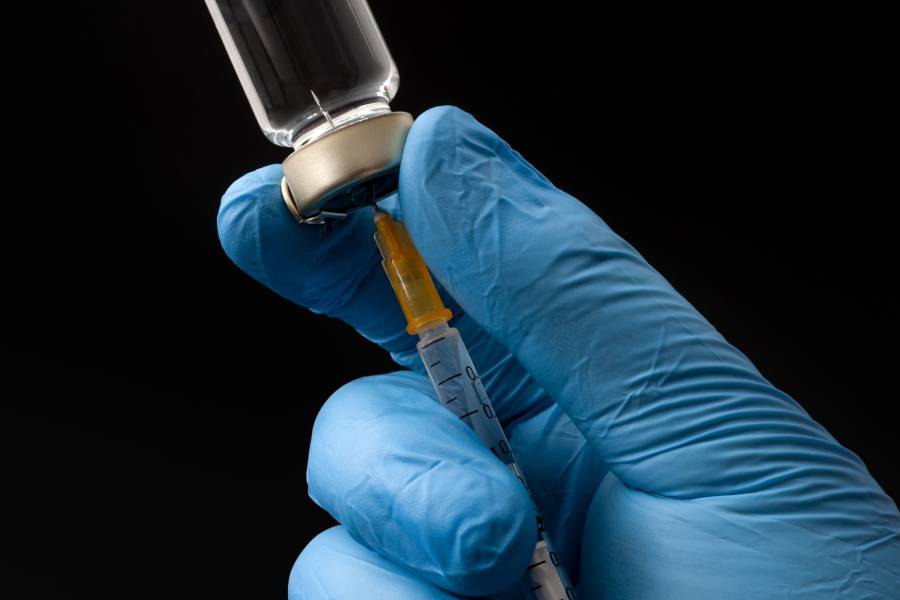Remdesivir improved clinical outcomes and reduced mortality for COVID-19 patients on low-flow or no oxygen, according to a new study led by Johns Hopkins University researchers and published in Clinical Infectious Diseases.
With data from more than 43,000 people hospitalized with COVID-19 at HCA Healthcare facilities, researchers matched patients treated with remdesivir with a control group of similar patients who were eligible for the antiviral drug but did not receive it.
The analysis—one of the largest retrospective studies of remdesivir—found that 74% of remdesivir patients improved within 28 days (with a 7-day median) compared to 68.3% of control patients (with a 9-day median).
"Our findings support the routine use of remdesivir in patients who are hospitalized with COVID-19," said the study's lead author, Brian Garibaldi, an associate professor of medicine at the Johns Hopkins University School of Medicine and clinical lead for the Coronavirus Resource Center, in a press release from Johns Hopkins Medicine. "We observed that remdesivir is best used as early as possible, before the patient progresses to requiring high levels of oxygen or intubation and mechanical ventilation. Most patients who need that kind of advanced respiratory support are likely past the point where antiviral therapies like remdesivir would be effective."
Remdesivir patients receiving low-flow oxygen treatment or no treatment with oxygen improved far better than their corresponding patients in the control group.
Treatment with remdesivir also significantly reduced mortality in patients on low-flow oxygen, even when accounting for anti-inflammatory medications such as dexamethasone. The 28-day mortality rate of remdesivir recipients receiving low-flow oxygen was 4.1% lower than control patients, according to the study conducted by researchers from the Johns Hopkins School of Medicine, the Bloomberg School of Public Health, HCA Healthcare, and Genospace.
"This is an important, real-world study that shows remdesivir does work in many cases," Garibaldi said. "Our findings are particularly important as we battle a surge of delta and omicron cases. By using remdesivir to shorten the length of the illness, we can free up hospital beds for COVID and non-COVID patients to alleviate capacity issues across the country."
Posted in Health
Tagged coronavirus, covid-19, coronavirus resource center, remdesivir









